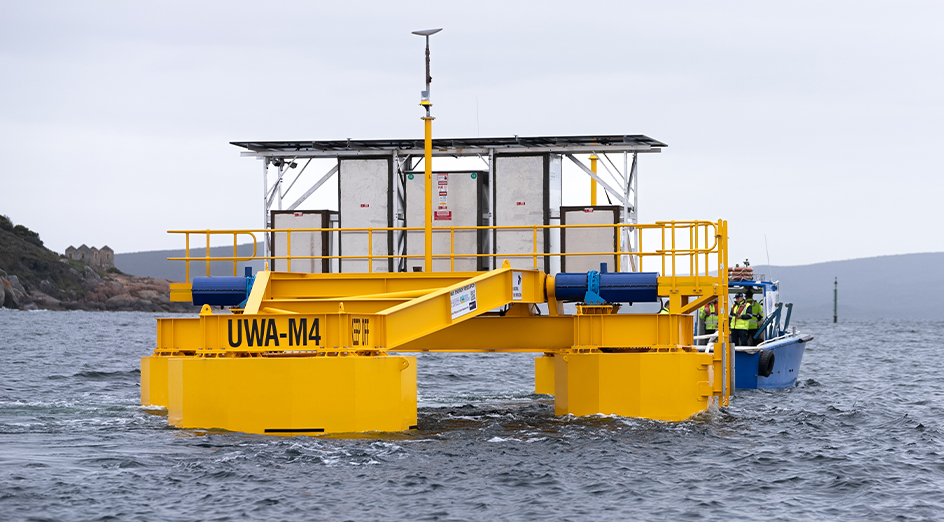A report released by the Overseas Development Institute is wrong in claiming that Australian mining is subsidised by Australian taxpayers.
Earlier this month the Productivity Commission’s independent Trade and Assistance Review 2017-2018 refuted this bogus claim, stating that: ‘The estimated effective rate of assistance from tariff and budgetary assistance for mining is negligible.’
The effective rate of combined assistance to mining in 2017-18 was just 0.2 per cent – the same low rate observed in the previous five years.
On the specific issue of Fuel Tax Credits, the Australian Treasury makes it very clear that this is not a subsidy, stating in its submission to the G20 Experts Group that: ‘Fuel tax credits are not a subsidy for fuel use, but a mechanism to reduce or remove the incidence of excise or duty levied on the fuel used by business off road or in heavy on road vehicles.’
Mining, agriculture, fishing, forestry and tourism rely on diesel to operate heavy machinery and to generate electricity in remote areas off the grid. These industries operate machinery off-road. Fishing fleets, tourism craft, farming machinery, mining vehicles, ferries and tugboats should not pay a road tax.
Any reduction in fuel tax credits would significantly undermine the competitiveness of these industries and impact jobs in regional Australia.
The resources sector earns more export income for Australia than all other industries combined – generating a record $221 billion in 2017-18, or 55 per cent of total exports, and paying $18.6 billion in company tax – Australia’s miners also paid a net tariff penalty of $102 million in 2017-18, owing to tariffs imposed on imports used in Australian mining operations.








